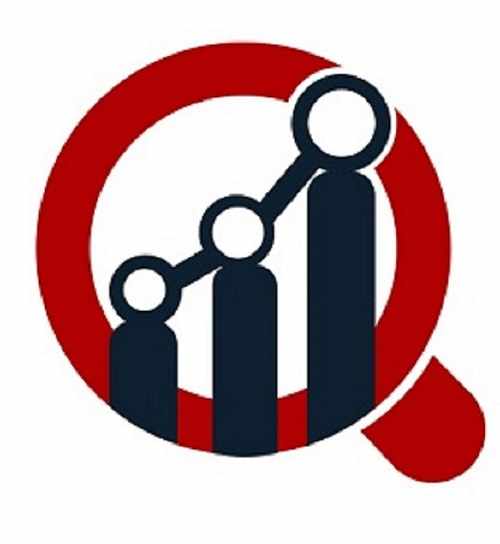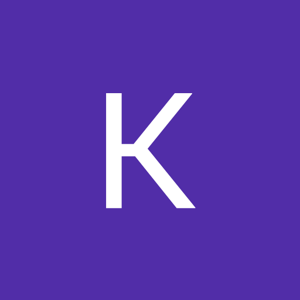
The IoT in Consumer Electronics Market is at the forefront of the smart technology revolution, offering devices that seamlessly connect, communicate, and interact within an integrated ecosystem. From smart home appliances to wearable devices, IoT (Internet of Things) is driving unprecedented innovation, enhancing convenience, personalization, and efficiency in everyday life.
Get FREE Sample Report:
Market Dynamics
Drivers of Growth
Growing Smart Home Ecosystems
The rising adoption of smart home technologies, including IoT-enabled lighting, security systems, and thermostats, has significantly boosted the consumer electronics market.Rising Consumer Demand for Convenience
IoT devices simplify daily tasks, offering features like remote control, voice commands, and automation, meeting consumer expectations for convenience and efficiency.Integration with AI and Machine Learning
The combination of IoT with AI-powered analytics enhances device capabilities, enabling predictive maintenance, personalized user experiences, and energy optimization.Proliferation of Wearable Devices
Fitness trackers, smartwatches, and other wearables are gaining popularity, providing health monitoring, notifications, and seamless integration with other smart devices.Advancements in Connectivity Technologies
The rollout of 5G networks and advancements in Wi-Fi technology are accelerating the adoption of IoT devices by enabling faster and more reliable connections.
Market Challenges
Privacy and Security Concerns
IoT devices collect vast amounts of personal data, raising concerns about data breaches, hacking, and misuse of sensitive information.Interoperability Issues
The lack of standardization across IoT devices and platforms can create compatibility issues, limiting the seamless integration of products.High Initial Costs
While prices are decreasing, the initial investment for IoT-enabled consumer electronics can still be a barrier for cost-sensitive consumers.Power Consumption
IoT devices often require continuous power, posing challenges for energy efficiency and battery life in portable devices.
Product Segmentation
Smart Home Devices
Examples: Smart speakers, IoT-enabled lighting, thermostats, security cameras.
Applications: Home automation, energy management, and enhanced security.
Wearable Devices
Examples: Smartwatches, fitness trackers, smart glasses.
Applications: Health monitoring, notifications, and fitness tracking.
Connected Appliances
Examples: IoT-enabled refrigerators, washing machines, air conditioners.
Applications: Remote operation, predictive maintenance, and energy optimization.
Entertainment Systems
Examples: Smart TVs, streaming devices, IoT-enabled gaming consoles.
Applications: Enhanced multimedia experiences and smart integrations.
Technological Innovations
Voice Assistants and Smart Integration
IoT-enabled consumer electronics increasingly integrate with voice assistants like Amazon Alexa, Google Assistant, and Apple Siri, enabling voice-controlled operations.Energy Efficiency Enhancements
Manufacturers are focusing on energy-saving technologies, such as low-power IoT chips and energy-efficient protocols, to address sustainability concerns.Edge Computing in IoT Devices
By processing data locally on devices, edge computing reduces latency and enhances the performance of IoT-enabled consumer electronics.AI-Driven Personalization
AI integration allows IoT devices to learn user preferences over time, offering personalized suggestions, schedules, and automated responses.
Regional Insights
North America: A leading region in adopting IoT consumer electronics, driven by tech-savvy consumers and a strong focus on smart home technologies.
Europe: Growth fueled by increasing environmental awareness and the adoption of energy-efficient IoT devices.
Asia-Pacific: Rapid urbanization, rising disposable incomes, and government initiatives supporting smart cities drive demand in countries like China, India, and Japan.
Latin America and Middle East & Africa: Emerging markets with growing adoption of affordable IoT consumer electronics.
Competitive Landscape
Key players driving the IoT in Consumer Electronics Market include:
Samsung Electronics
Apple Inc.
Amazon.com, Inc.
Google LLC
Sony Corporation
LG Electronics
These companies are innovating to enhance connectivity, integrate AI-driven features, and expand their ecosystems of IoT-enabled devices.
Emerging Trends
Expansion of 5G-Enabled Devices
5G technology is transforming IoT consumer electronics by enabling faster data transfer, real-time responsiveness, and enhanced reliability.Focus on Sustainability
Eco-friendly IoT devices and energy-efficient technologies are gaining traction as consumers become more environmentally conscious.Integration with Smart Cities
IoT consumer electronics are being integrated into broader smart city initiatives, connecting homes with urban infrastructure for enhanced living experiences.Subscription-Based Models
Companies are exploring subscription-based services for IoT-enabled devices, offering continuous updates, software integration, and cloud storage.
Get Related Reports:

















Write a comment ...